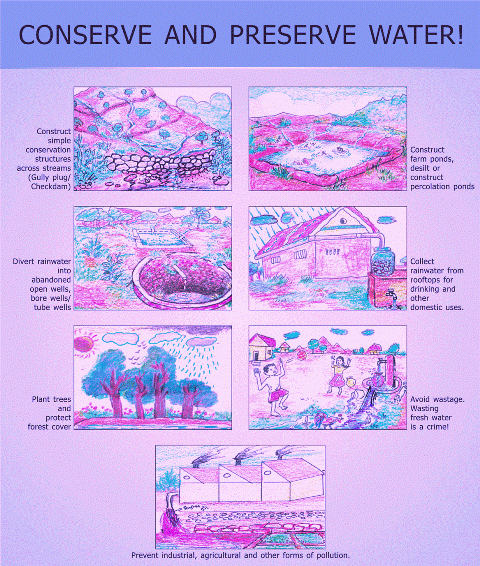BALI: India played a key role in the drama of “extra-time” negotiations at the United Nations climate change talks here on Saturday as 190 countries finally agreed on a road map for the future fight against climate change, following a last-minute collapse of the opposition from the United States.
The “Bali road map” will guide negotiations over the next two years to shape the global fight against climate change in the period after 2012, when the first commitment period of the Kyoto Protocol, which requires 36 industrial nations to cut greenhouse gas emissions by 5 per cent below 1990 levels, ends. The U.S. is the only rich nation which has not ratified the Protocol.
Union Science and Technology Minister Kapil Sibal, who led the Indian delegation here, described the road map as a “historic breakthrough,” especially since it brought the U.S. on board the global effort to mitigate climate change, which was already causing rising temperatures and extreme weather events.
The agenda for the journey to 2009 now includes action to reduce greenhouse gas emissions, to help developing countries adapt to the impact of climate change, to deploy climate-friendly technologies and to finance both adaptation and technology measures. However, it does not include any target range of emission reduction goals for the developed countries, a measure aggressively pushed by the European Union and bitterly opposed by the U.S.
For the first time, the developing countries have also agreed to take some measurable action to mitigate climate change, although they are not required to do so under the U.N. Framework Convention on Climate Change, since development goals are their first priority. “They have binding commitments, we have responsibilities. How we discharge our responsibilities depends on how they enable technology and financing,” said Mr. Sibal.
In a key intervention that delayed the approval of the road map by several hours, India ensured that the language of the text included means to keep the developed countries’ accountable for their commitments with regard to enabling technology, financing and capacity building measures in the developing countries.
Source: http://www.hindu.com/2007/12/16/stories/2007121658570100.htm
The “Bali road map” will guide negotiations over the next two years to shape the global fight against climate change in the period after 2012, when the first commitment period of the Kyoto Protocol, which requires 36 industrial nations to cut greenhouse gas emissions by 5 per cent below 1990 levels, ends. The U.S. is the only rich nation which has not ratified the Protocol.
Union Science and Technology Minister Kapil Sibal, who led the Indian delegation here, described the road map as a “historic breakthrough,” especially since it brought the U.S. on board the global effort to mitigate climate change, which was already causing rising temperatures and extreme weather events.
The agenda for the journey to 2009 now includes action to reduce greenhouse gas emissions, to help developing countries adapt to the impact of climate change, to deploy climate-friendly technologies and to finance both adaptation and technology measures. However, it does not include any target range of emission reduction goals for the developed countries, a measure aggressively pushed by the European Union and bitterly opposed by the U.S.
For the first time, the developing countries have also agreed to take some measurable action to mitigate climate change, although they are not required to do so under the U.N. Framework Convention on Climate Change, since development goals are their first priority. “They have binding commitments, we have responsibilities. How we discharge our responsibilities depends on how they enable technology and financing,” said Mr. Sibal.
In a key intervention that delayed the approval of the road map by several hours, India ensured that the language of the text included means to keep the developed countries’ accountable for their commitments with regard to enabling technology, financing and capacity building measures in the developing countries.
Source: http://www.hindu.com/2007/12/16/stories/2007121658570100.htm







No comments:
Post a Comment